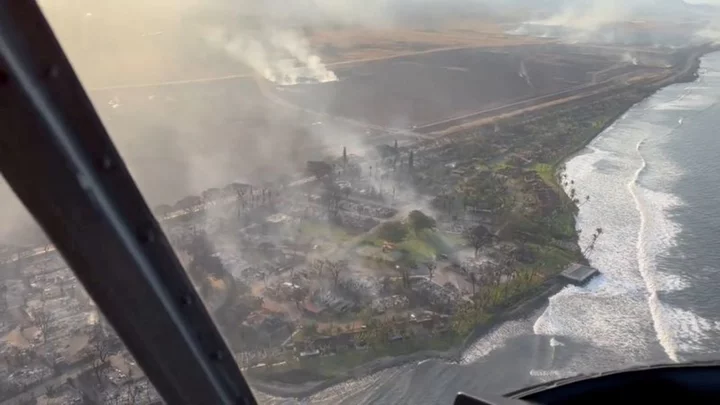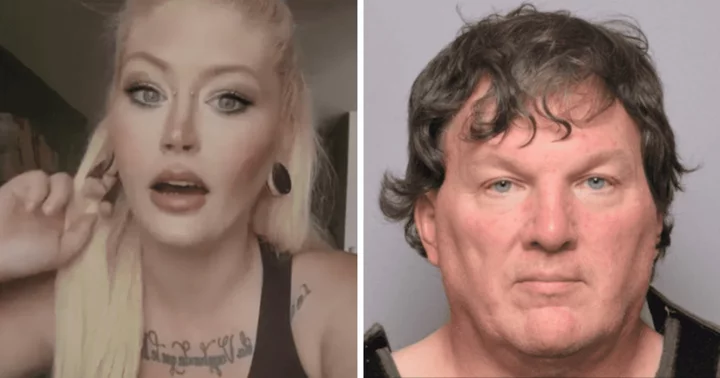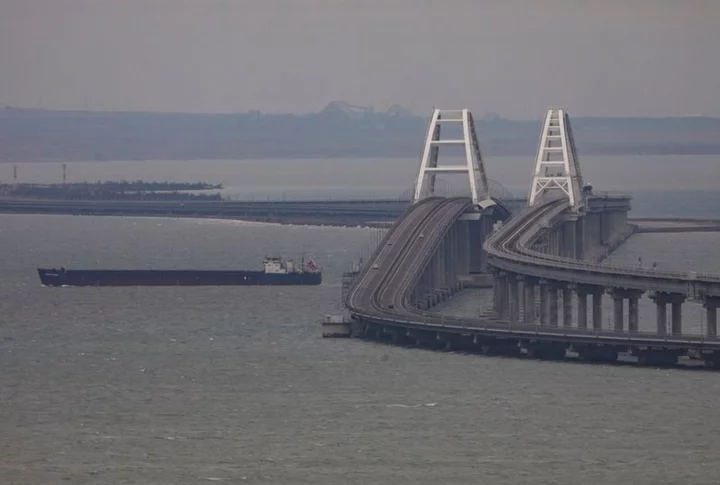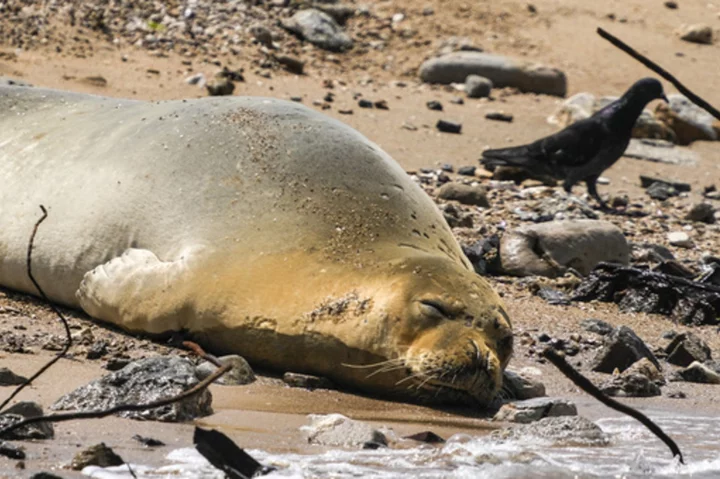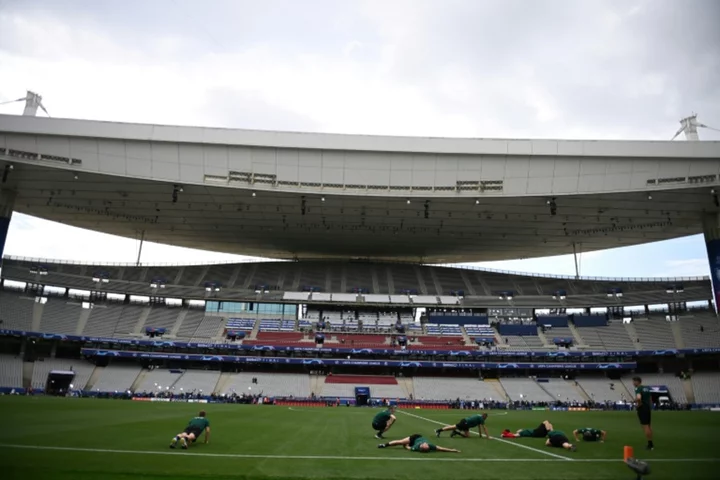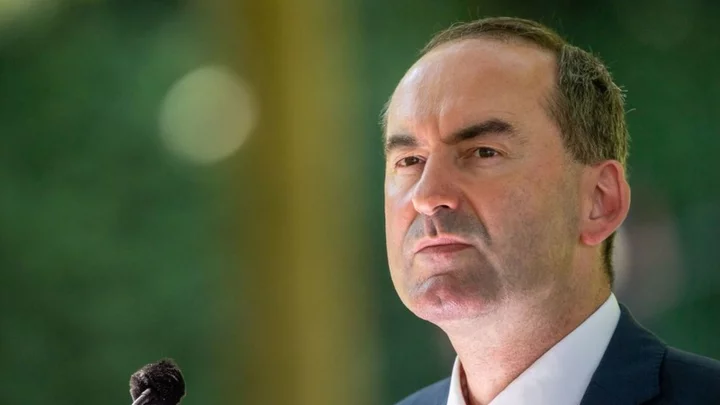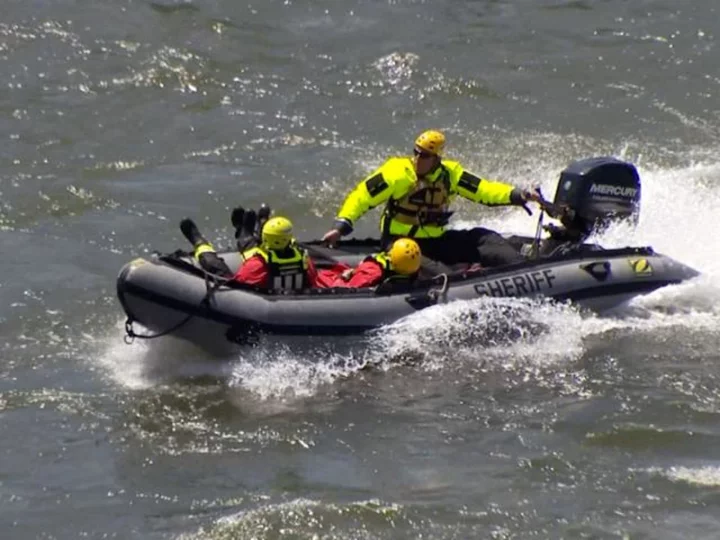By Marco Garcia
KAHULUI, Hawaii A wildfire that swept through the picturesque resort town of Lahaina on Hawaii's Maui island has killed at least 36 people, authorities said, leaving smoldering ruins in its wake and forcing thousands to flee the devastation.
Video footage showed neighborhoods and businesses razed and vehicles burned to a crisp across the western side of the U.S. island as the wildfires cut off most roads out of Lahaina, the historic former capital of the Hawaiian Kingdom. The town is one of the prime attractions on Maui, drawing 2 million tourists to the island each year, or about 80 percent of its tourists.
The cause in Maui had yet to be determined, but the National Weather Service said the fires were fueled by a mix of dry vegetation, strong winds, and low humidity.
Maui resident Dustin Kaleiopu on Thursday said his family, now relocated to the other side of the island, had only had minutes to evacuate and lost two generational family homes to the flames.
"There are still so many people that we are unable get in touch with, and that still remains true for many families here," Kaleiopu said in an interview on NBC News' "Today" program. "Everyone I know is now homeless."
Such scenes of devastation have become all too familiar elsewhere in the world. Wildfires, often caused by record-setting heat this summer, forced the evacuation of tens of thousands of people in Greece, Spain, Portugal and other parts of Europe. In western Canada, a series of unusually severe fires sent clouds of smoke over vast swaths of the U.S., polluting the air.
Human-caused climate change, driven by fossil fuel use, is increasing the frequency and intensity of such extreme weather events, scientists say, having long warned that countries must slash emissions to prevent climate catastrophe.
THREE SEPARATE BLAZES
On Maui, firefighters were battling three separate blazes on the island, officials said late on Wednesday night, without providing further details.
Officials said on Wednesday that the fires also destroyed parts of Kula, a residential area in the inland, mountainous Upcountry region. Fires were also affecting Kihei in South Maui.
Hawaii's Lieutenant Governor Sylvia Luke told a press conference late on Wednesday that officials were still assessing the damage.
"It will be a long road to recovery," she said.
Barack Obama, the only Hawaii-born U.S. president, posted a link to a disaster relief fund in a post on X, the social media site formerly known as Twitter.
"It's tough to see some of the images coming out of Hawai’i - a place that’s so special to so many of us," he said in the post, adding that he and former first lady Michelle Obama were "thinking of everyone who has lost a loved one, or whose life has been turned upside down."
The blazes began on Tuesday night as powerful winds from Hurricane Dora, hundreds of miles to the southwest, fanned the flames. By Thursday, the strong winds had largely abated.
Some 271 structures were damaged or destroyed, the Honolulu Star-Advertiser reported, citing official reports from flyovers conducted by the U.S. Civil Air Patrol and the Maui Fire Department.
About 11,000 homes and businesses were without power on Maui early on Thursday, according to the tracking site Poweroutage.us.
The wildfires spread quickly through populated areas of Lahaina, a city of about 13,000 people. Some people jumped into the Pacific Ocean to escape the smoke and fire conditions, prompting the U.S. Coast Guard to rescue them, according to a Maui County press release.
Julius Limbaga, 38, woke up from a nap on Tuesday when he smelled smoke in his Lahaina apartment, the Honolulu Star-Advertiser reported. "The fire was so fast and in just a blink of an eye it was everywhere," Limbaga said.
He told the newspaper that he doused himself with water and ran to the Lahaina harbor, his rubber slippers melting as he ran. The Coast Guard rescued him from the harbor waters and took him to be treated for burns on his feet and legs.
More than 11,000 travelers were evacuated from Maui, Ed Sniffen of the Hawaii Department of Transportation said late on Wednesday. Though at least 16 roads were closed, the airport was operating fully and airlines were dropping fares and offering waivers to get people off the island, Sniffen had said earlier in the day.
Southwest Airlines said on Thursday that it was increasing flights to Hawaii due to the evacuation efforts.
A mass bus evacuation to the Kahului Airport for visitors in West Maui was to resume at 8:30 a.m. on Thursday, officials said.
The National Guard, U.S. Navy, Marines and Coast Guard were mobilized, while the U.S. Department of Transportation aided evacuation efforts, President Joe Biden said.
(Additional reporting by Rich McKay in Atlanta and Brendan O'Brien in Chicago; Editing by Frank McGurty, Angus MacSwan and Alex Richardson)

